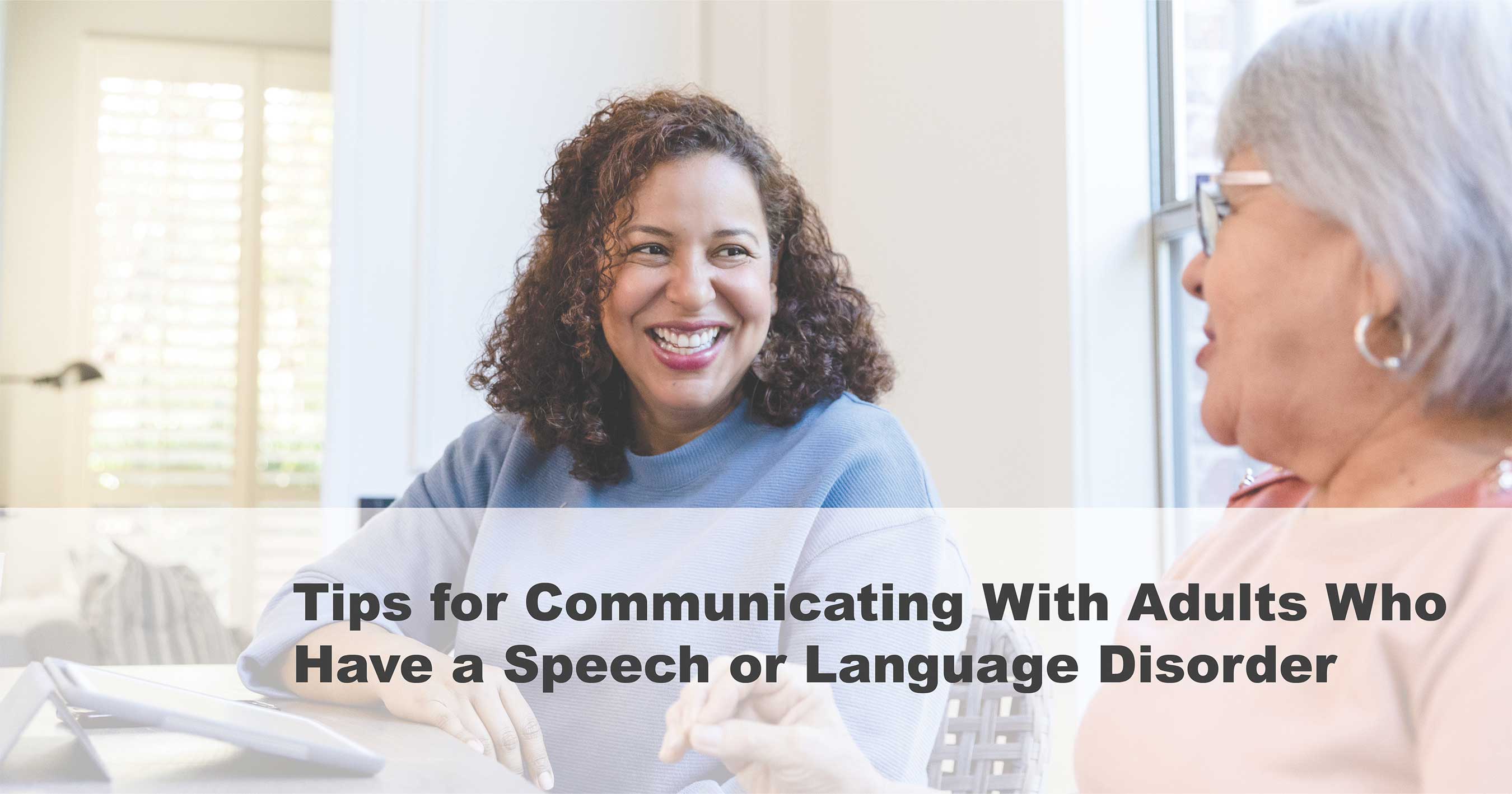Giving the Gift of Hearing Protection: ASHA Offers Tips for Smart Shopping, Safe Listening When Headphones Are on a Child's Holiday Wish List
Daily Usage for Many Children Surging Due to Distance Learning, More Time at Home
ROCKVILLE, Md., Dec. 14, 2020 /PRNewswire/ -- State-of-the art earbuds and headphones have been a holiday gift list staple for years, but even more—and even younger—children may be receiving them this season as they increasingly rely on the listening accessories for distance learning and entertainment at home. With the vast uptick in the time spent using earbuds and headphones, hearing protection is critical, according to the American Speech-Language-Hearing Association (ASHA).
Experience the interactive Multichannel News Release here: https://www.multivu.com/players/English/8666653-asha-smart-holiday-shopping-childrens-headphones/
Noise-induced hearing loss, or NIHL, can occur when a person listens to technology devices for too long, at too-loud levels. Sounds that measure 75 decibels or higher are considered dangerous to children's hearing after 8 hours of listening time. Most children's headphones exceed that volume.
More than 1 billion young people worldwide are at risk of NIHL due to unsafe listening, according to the World Health Organization. Although NIHL is preventable, once it occurs, it is irreversible. If you are shopping for earbuds or headphones this holiday season, consider these options to help protect your child's hearing:
- Noise-canceling capabilities. Noise-canceling earbuds and headphones can help drown out external noise, which reduces the need for kids to crank the volume.
- Proper fit. A well-fitting set of earbuds or headphones can help prevent sound leakage, which can make volume increases unnecessary. Look for age-appropriate options.
- Volume-limiting products. Headphones with volume limiters may help provide some protection. These are often marketed as "kid-safe." But many of these products still exceed a safe volume. Check reputable review sites—and listen yourself.
Good listening habits start early. Parents can help kids protect their hearing by:
- Encouraging listening breaks. If kids are engaged in virtual learning, strive for breaks between classes, if possible. Even a few minutes can make a big difference. When using earbuds and headphones for recreational purposes, take a break every hour.
- Teaching kids to be volume aware. If you're constantly asking your child to "turn it down," try being more specific: A good rule of thumb is to keep the volume at half level. Kids should also learn to stay vigilant about loud noise. They may need to adjust their volume throughout the day.
- Helping kids appreciate their hearing. Have a conversation about why it's important to listen safely. Do they want to continue enjoying their music, shows, and conversation with friends for years to come? By taking simple steps, they can.
- Using parental controls. Many devices have built-in controls to allow parents to control the maximum volume. Various apps also serve that purpose.
- Learning the signs of hearing loss. The signs of hearing damage can be subtle, especially considering NIHL often occurs in small increments over time. Signs include difficulty hearing soft or faint sounds, ringing in the ears, or ear discomfort.
Learn more at www.asha.org/public.
Contact:
Francine Pierson, ASHA
[email protected]
301-296-8715
SOURCE American Speech-Language-Hearing Association

Related Links
WANT YOUR COMPANY'S NEWS FEATURED ON PRNEWSWIRE.COM?
Newsrooms &
Influencers
Digital Media
Outlets
Journalists
Opted In





Share this article